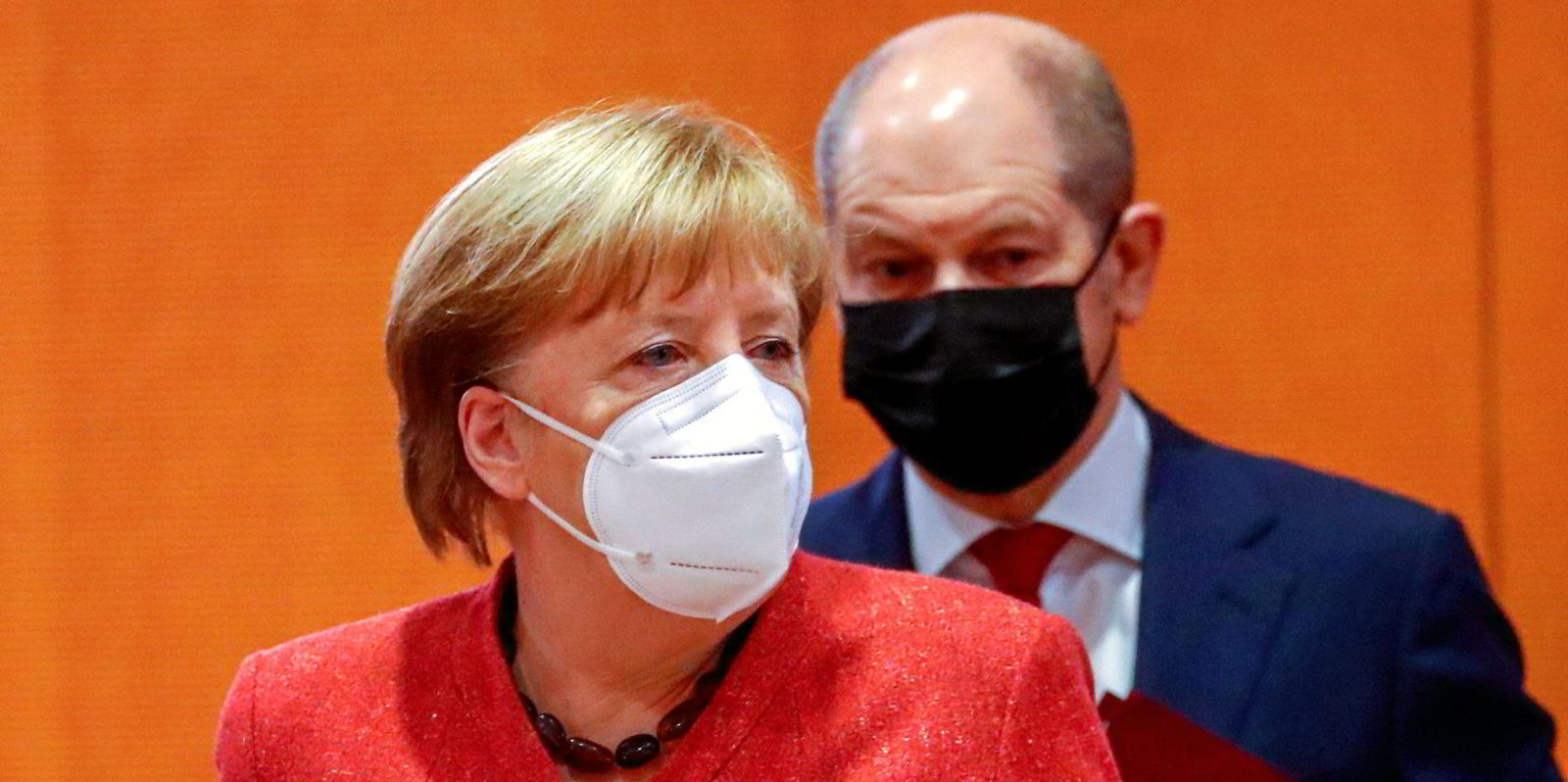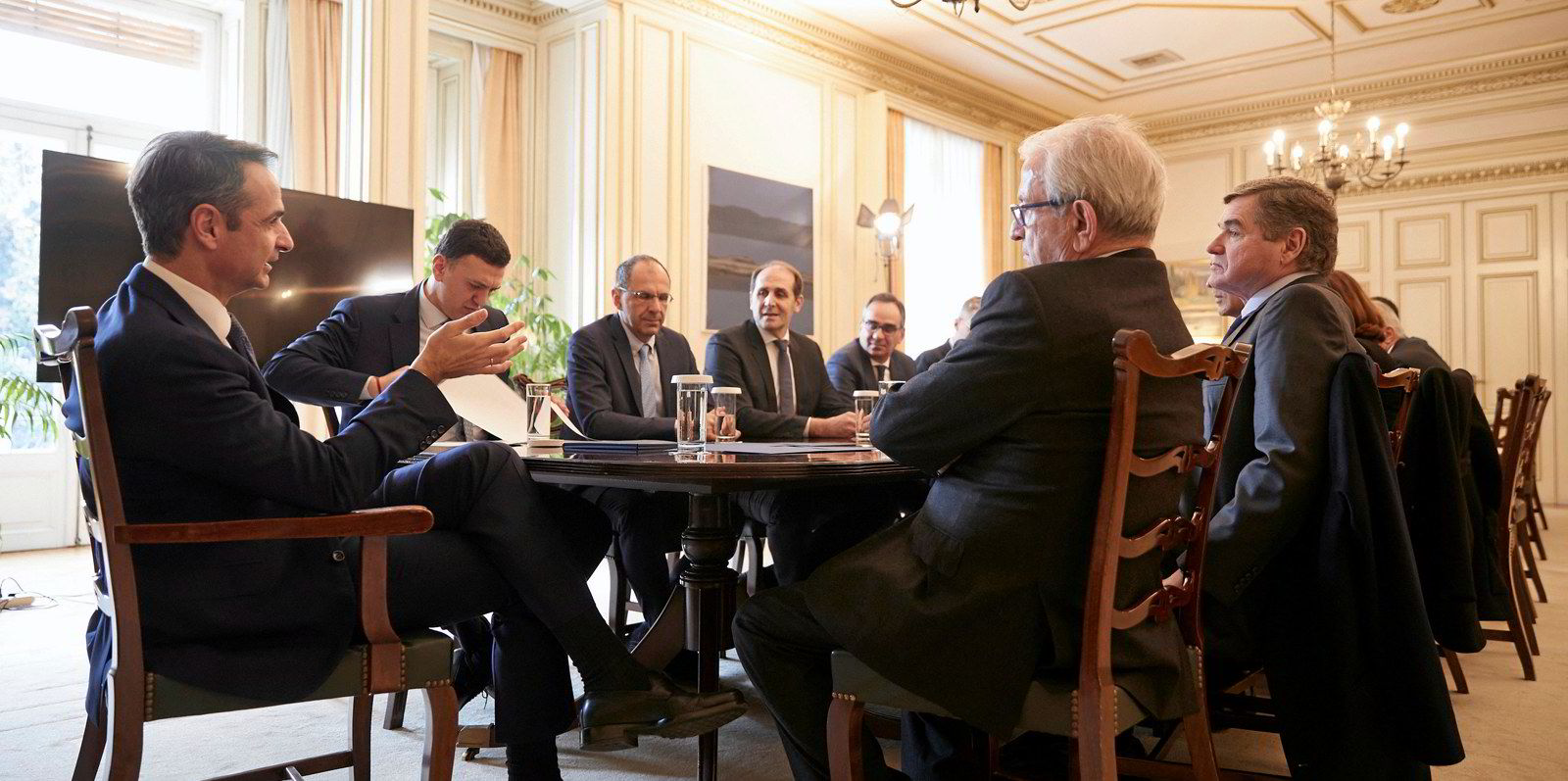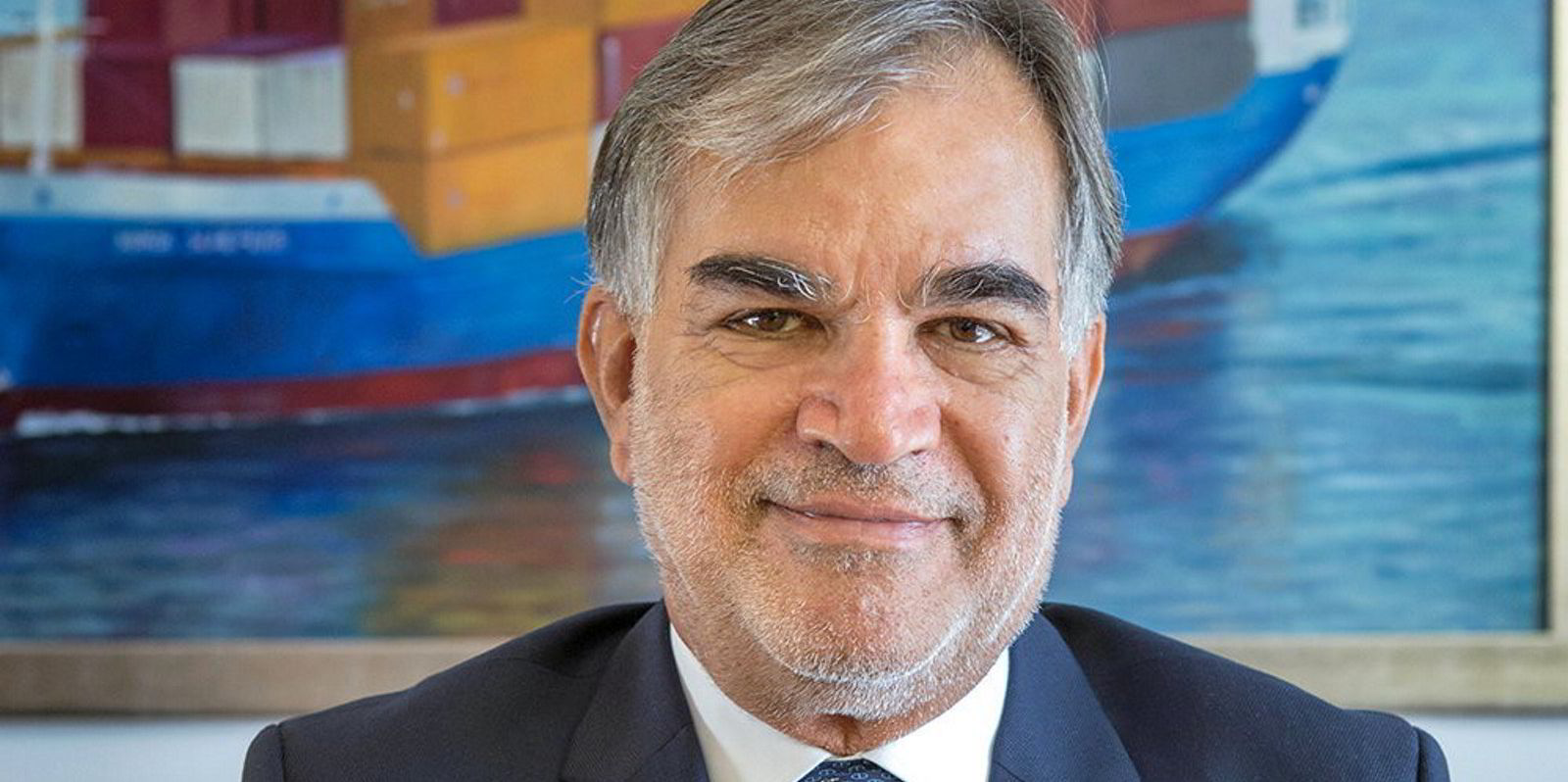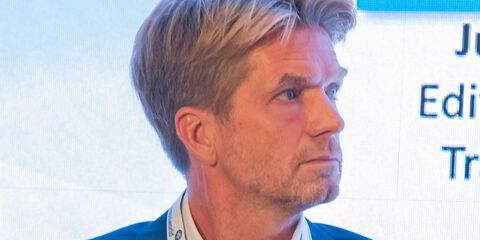Germany's incoming government, which brings social democrats, greens and liberals under the same roof, is adopting an ambiguous stance in matters concerning oceangoing shipping.
According to a 178-page manifesto unveiled late on Wednesday, the three-party coalition that emerged after two months of talks broadly commits the country to carbon pricing and the "Fit for 55" environmental agenda proposed by the European Union earlier this year.
"In negotiations over 'Fit for 55' we support the European Commission's proposals and want to shape the measures for individual [industry] sectors in a way that's as technology-neutral as possible,” the document reads.
Germany is the EU's biggest and most influential member. The bloc's "Fit for 55" carbon-reduction package includes proposals regarded as controversial in large parts of the maritime industry and other countries, mainly shipping's planned inclusion in the EU's emissions trading system (ETS).
Several maritime companies across the continent are concerned that inclusion in the ETS on onerous terms could increase their costs and render them uncompetitive vis a vis non-EU rivals.
Despite its support for "Fit-for-55", the new government in Berlin seems to be taking such concerns into account.
"In the design of 'Fit for 55' we don't want to lose sight of the total encumbrance imposed on shipping," the coalition agreement reads in the part specifically referring to the maritime economy.
The German Shipowners' Union (VDR), which supports the cause of climate-neutral shipping by 2050, reacted positively to the wording of the agreement.
"We welcome the fact that the coalition partners have recognised that the road to climate neutrality, which we're striving for as well, can't be as high as to weaken Germany as a place to do business from," said Ralf Nagel, managing director of the VDR's executive committee.
Something for everyone
"We will have to modernise the fleets and need external support for it."
The same ambiguity is reflected in the government's composition.
The Green Party, which is pushing for a more radical environmental agenda than its coalition partners, is widely expected to head the environment ministry, as well as an enlarged super-ministry that covers the economy and climate change.
However, the transport ministry, which is more directly in charge of shipping, is expected to be headed by a member of the economically liberal Free Democratic Party (FDP).
The Social Democratic Party (SPD), which is more middle of the road than either the Greens or the FDP, is the biggest partner in the government and its leader, Olaf Scholz, will head the cabinet as Chancellor.
According to the coalition agreement, the government also pledged to strengthen shipbuilding, which the document acknowledges as a "core industry ... across the entire value-added chain".
"At European level, we will advocate fair competition and a European fleet modernisation programme," it reads.
Surprisingly, given the country's small role in the industry, the document mentions ship recycling as a core German industrial activity that is to enjoy support.






